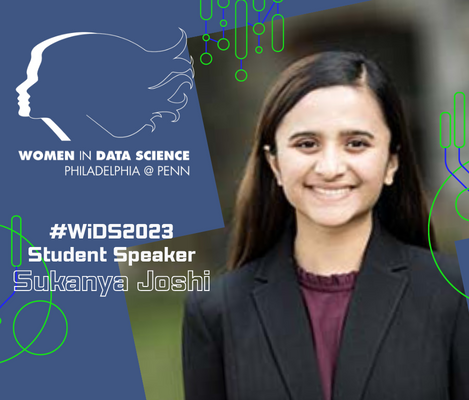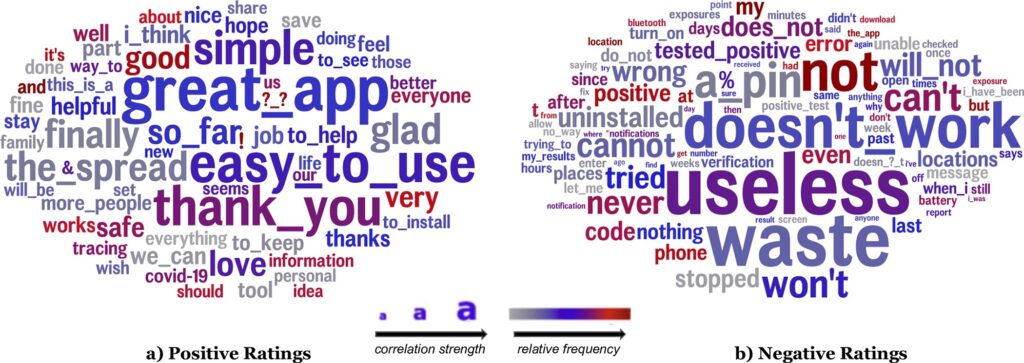When it comes to public health outreach, efficacy can only be achieved to the extent that the public serves as active and willing participants. As access to smart devices continues to increase around the world, understanding how people view and engage with public health tech remains an evergreen concern for researchers and governments, and a critical aspect of determining the competence of disease-control programs.
The practice of contact tracing, a core disease control measure employed by local and state health departments, has been in use for decades. When a patient contracts a contagious disease, either suspected or confirmed, public health staff work closely with a patient to determine who they may have had close contact with during the transmissible period, and begin contact tracing by warning these exposed individuals (contacts) of their potential exposure as rapidly and sensitively as possible.
Considered a complementary asset of contact tracing, the Exposure Notification System (ENS) is a joint venture developed by tech mavens Google and Apple at the beginning of the COVID-19 pandemic. Users on the Android platform can download any number of apps that utilize ENS, while Apple users are given the opportunity to opt-in or download an app, depending on their state of residence.

In an effort to determine what could be improved in future public health technologies, Sukanya Joshi, who is pursuing a master’s degree in Data Science in Penn Engineering, and collaborators are working to determine what drives people to utilize these contact tracing apps, and how they experience them. Erica Dixon and William Ferrell, Project Managers at Penn Medicine’s Center for Health Incentives and Behavioral Economics (CHIBE), Kevin Volpp, Director of CHIBE, Raina Merchant, Professor in Penn Medicine’s Department of Emergency Medicine, and Sharath Guntuku, Assistant Professor in Penn Engineering’s Department of Computer and Information Science, were all contributors to this research.
Joshi will be discussing the team’s work, the subject of a study titled “COVID-19 contact tracing app reviews reveal concerns and motivations around adoption,” as a student speaker at this year’s fourth annual Women in Data Science (WiDS) @ Penn Conference. Hosted by Penn Engineering and the Wharton School on February 3 at Penn’s Perry World House, WiDS @ Penn is a celebrated interdisciplinary event showcasing the latest advances in data science, speaker Q&A sessions, and networking opportunities.
Reviewing Reviews
To begin their work, the team extracted over 7,600 reviews of 38 ENS applications and used natural language processing (NLP) to study the central themes around reviews with high (3–5 stars), neutral (3 stars), and negative (1–2 stars) ratings. Positive reviews were driven by ease of use, support for the state government in creating the app, encouragement for others to download, as well as engaging in other COVID-19 precautions. However, negative and neutral reviews focused on issues with app functionality, such as installation and tracking errors, which could be addressed by clearer explanations either from state communications campaigns or from in-app messaging and explanations.
While one takeaway from this project reveals that individuals who exhibited extreme sentiments (either very positive or negative) towards an app were most likely to leave a review, the main conclusion highlights a need for greater user uptake and participation.
“Positive, negative and neutral reviews all reflect the primary issue with these apps: Not enough people have downloaded them within each state for them to be truly successful in providing meaningful notifications of encounters,” said Joshi. “Positive reviews frame this as a problem of more people needing to download the app, as well as states needing to do more marketing for the apps, while negative reviews focus on not receiving notifications and the app itself not being useful. Overall, states can use insights from our research to better position themselves if they choose to develop public health apps in the future.”

WiDS @ Penn 2023
The WiDS conference’s goal of highlighting diversity in the field of data science, both in subject matter and personnel, stems from a point of equity and necessity: Women currently hold a mere 18% of professional roles in the field of data science.
Joshi joins a cohort of conference participants from across industry and academia who believe that sharing their perspectives will help to ensure that diverse mindsets are included in decision-making, thus helping to reduce bias and create a more inclusive work environment.
“As someone who has found personal fulfillment and growth through my own journey in data science, I want to encourage more individuals, particularly young women, to consider this field and explore the exciting opportunities it offers,” says Joshi.
Finding a Focus
While her focus is currently in the fields of NLP and data analytics, it took Joshi some exploration and discovery to zero in on these areas. Having always been passionate about math and problem solving, she received a bachelor’s degree in Actuarial Science at UC Santa Barbara. Joshi’s professional experiences afterward led her to healthcare and ignited her passion for data science.
“It wasn’t until I began working as a Health Consulting Actuary at Mercer that I truly discovered my interest in data science,” says Joshi. “At Penn, I have had the amazing opportunity to work on multiple research projects at the intersection of data science and healthcare as a Data Science Research Assistant. Some of these projects include detecting pediatric firearm injuries in medical records and analyzing cardiovascular health outcomes across American communities during the pandemic. I’ve also been fortunate enough to intern as a Data Engineer at Coursera and hold leadership roles in several data science organizations on campus, further solidifying my passion for data science.”
The fourth annual Women in Data Science at Penn Conference will take place on February 3, 2023, at the Perry World House. Visit the WiDS @ Penn site to get more information and register.
